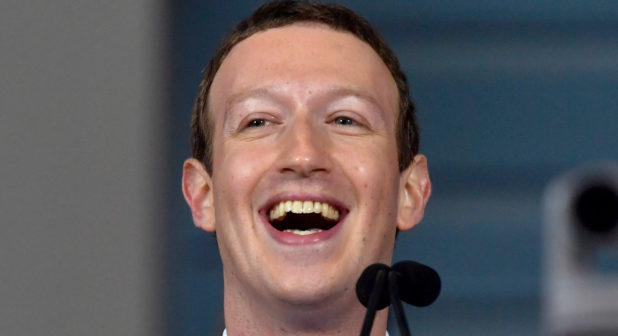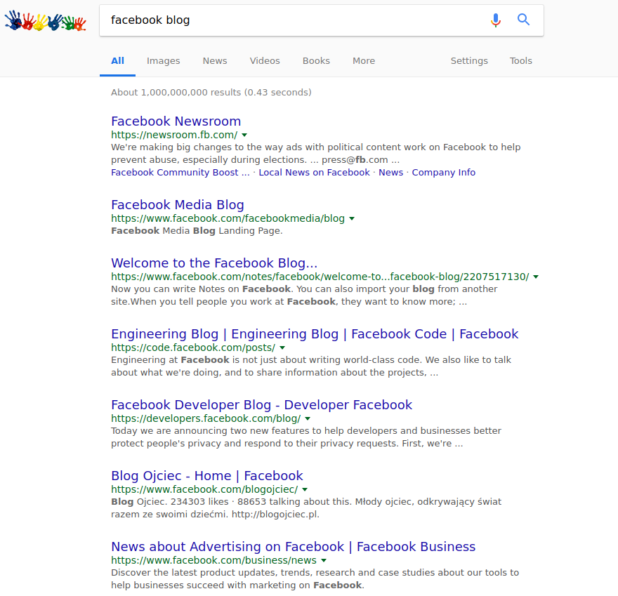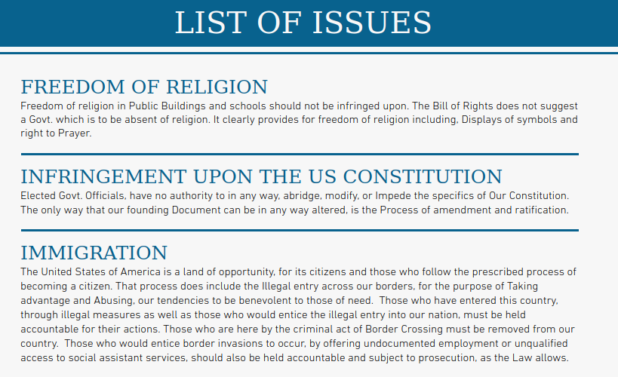Adrian Sol
Daily Stormer
May 27, 2018
tfw you’re Zucking harder than you’ve ever Zucked before.
“Okay, guys, we’re getting a lot of heat over this election meddling bullshit, so we need to do something. Any suggestions?”, the Zuck inquired at a board meeting.
One of his VPs spoke up.
“Well, Mr. Zuckerberg, we could simply disallow political ads altogether and have candidates rely on grassroots support.”
“That sounds gay. How are we gonna make money?”, Mark replied.
Perplexed, the VP fell silent. Another one rose from his seat, excited.
“Oh, I know! Just ban Republicans! Only the Democrats are whining about election meddling anyway!”
As the information was rolling around in his main logic processor, the Zuck activated his smiling servos.
“Ha. Ha. Ha. Yes, that will do. That will do just fine.”
And it was done.
Facebook introduced new disclosure rules for political advertisements this week designed to block bad actors from meddling in elections. But in the meantime, the rules are blocking legitimate candidates from buying Facebook ads — and at least one congressional candidate in Mississippi says it could tip the election toward his opponent.
“Legitimate candidates.”
Of course, what they don’t mention is that those appear to all be Republicans.
Funny how that works, huh?
The rules that Facebook implemented in the United States this week require anyone wishing to buy a political ad to verify their identity. To do so, Facebook mails a card to their physical location containing an authorization code. Only after the candidate or advocacy group enters that authorization code on Facebook can they purchase political ads.
A card?
By snail mail?
Is this a freaking joke? This is a tech company, folks. And they’re trying to say that the only way to authenticate a political candidate’s identity is to send them a letter?
Completely ridiculous.
It’s beyond obvious that this is an intentional ploy to handicap certain candidates.
Facebook began allowing political advertisers to start the verification process on April 23rd. The company promoted the new process with a blog post and messages inside Facebook directed at administrators of political pages. In May, it also sent emails to page administrators advising them of the changes.
A blog post? Who the hell reads Facebook’s blog?
Also, which blog? They seem to have quite a few there.
But not everyone got the message — and now some are scrambling to come up with a Plan B ahead of June 5th primary elections.
Manifestly not. I guess some people are more notified than others in such technological utopias.
This is pure speculation, but if I had to guess, I’d say they probably announced this big change in a very obscure way, and then sent the message to their favored candidates through back channels to ensure they get the memo.
E. Brian Rose is a Republican candidate for Congress in Mississippi, and is a primary challenger to the incumbent Rep. Steven Palazzo (R-MS). Up until yesterday, Rose said, Facebook had been a critical part of his campaign strategy. He amassed more than 6,000 followers on his official page, using Facebook ads to target voters in hundreds of narrowly defined demographic targets.
Brian Rose appears to be a Trumpist candidate.
The Uranium One deal cannot be ignored. Congressman Matt Gaetz is 100% correct, Mueller should recuse himself. https://t.co/rWKrXpaX0M
— E. Brian Rose (@EBrianRose) May 22, 2018
Conservatives will defeat the establishment RINOs in Mississippi. Vote for Liberty on June 5th.
— E. Brian Rose (@EBrianRose) March 1, 2018
Yesterday, Rose’s campaign planned to buy 500 different Facebook ads. The first batch were approved shortly before the new rules took effect. But when Rose went to buy the remainder, he received a message from Facebook saying his ads had not been authorized. Rose filled out the required online forms attesting to his identity. At the end, Facebook said it would send Rose an authorization code in the mail. He was told it would arrive in 12 to 15 days — by which point the election would be over.
In other words, the process is purposefully slow in order to ensure that those who didn’t get the message won’t be able to comply with their new rules in time to post ads for the election.
Richard Boyanton, who is mounting a primary challenge to Republican Sen. Roger Wicker (R-MS), also found himself stymied by the new rules. Boyanton said he used Facebook to target ads at voters in places where they would be too expensive for him to reach otherwise, such as Southaven, which is part of the Memphis, Tennessee television market. For between $75 and $80 a day, he said, he was able to reach between 60,000 and 70,000 Republicans in the area.
Richard Boyanto is also running on an anti-immigration, populist platform.
Starting to see a pattern here…
Then yesterday, Facebook informed him he would need to verify his identity before he could buy more ads. He had received a message from the company two or three weeks ago, he said, but he did not realize that he would be prevented from running ads if he did not follow the steps laid out in the message.
“It really wasn’t something that would get your attention, like, ‘hey, they’re going to cancel my ads,’” Boyanton said. “It was not that kind of deal. In fact, yesterday was the first time I noticed some of our ads are gone. I said, ‘what the hell?’”
Right. So they probably sent some innocuous sounding email that looks identical to the constant spam people receive, and worded it in such a way that it was difficult to tell what was at stake there.
This is completely ridiculous.
Every candidate has a campaign website, which lists a contact email and phone number. The confirmation could have been done instantly, simply by sending an email to the campaign’s official email account. And it’s not like there’s thousands of candidates, either. This could have been done quickly, quietly, and with a much lower cost than sending out physical letters.
This is obviously a purposeful manipulation of the election – real election meddling, committed in the name of fake Russian meddling for which there is still no evidence.




